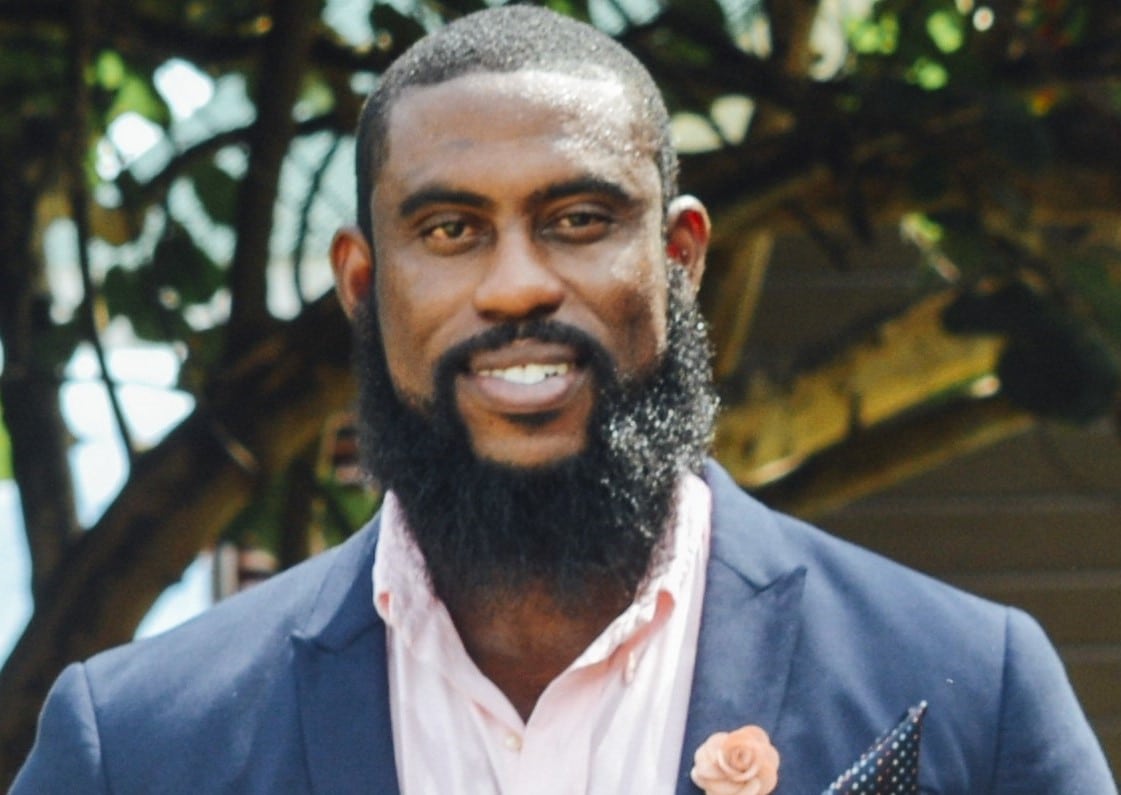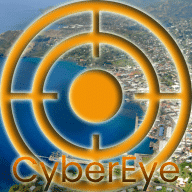
In today’s rapidly evolving world, the pursuit of knowledge and personal growth has never been more critical. The landscape of opportunities available to those who seek higher education has expanded, promising a brighter future for the ambitious learner. Yet, an undercurrent of hesitation persists among many who stand at the threshold of academic advancement. This reluctance often stems not from a lack of desire for personal development but rather from perceived barriers to accessing higher education. A significant portion of the population views these educational institutions not as gateways to opportunity but as bastions of exclusion, unreachable due to financial, social, or personal constraints. This perspective fosters a sense of stagnation, where the potential for academic and personal growth is overshadowed by the daunting challenges of entering a classroom setting.
Moreover, there exists a palpable fear among some individuals towards the very idea of challenging oneself within the traditional educational frameworks. The thought of engaging in structured learning, facing academic rigor, and stepping into an environment that demands constant intellectual growth can be intimidating. For many, the comfort of the known—however limiting—prevails over the uncertainty and effort associated with pursuing further education. This mindset not only hampers individual development but also contributes to a broader cultural stagnation, where the benefits of continuous learning and the enrichment of personal and professional lives are undervalued. The recurring availability of courses and programs at institutions like the University of the West Indies (UWI), the University of the Southern Caribbean (USC) or the SVG Community Colleges represents untapped reservoirs of potential for many, yet the leap towards embracing these opportunities is often viewed with trepidation rather than enthusiasm.
Before delving deeper into this discourse, it’s crucial to acknowledge that the viewpoints expressed henceforth may not align with mainstream sentiments. However, my critique stems from a profound love and respect for my nation and its people. The issues I am about to address, though perhaps uncomfortable, are not novel; they have been discussed time and again, underscoring their significance and persistence within our society. This acknowledgment is not an attempt to diminish our achievements or potential but rather to highlight areas where we can, and indeed must, aspire to greater collective and individual growth. It is from this position of constructive criticism and genuine concern that I proceed, hoping to contribute to a dialogue that fosters understanding, challenges complacency, and encourages positive change.
That being said….
One of the many significant critiques I hold towards Vincentian society, and by extension the broader Caribbean, centers around a marked disinterest in reading and a tendency to form solid opinions amidst a backdrop of widespread ignorance. This precarious combination poses a formidable obstacle not just to individual enlightenment, but to the collective progress of our communities as well. Historically, we have faced criticism for our reluctance to embrace a global mindset and to adapt to the rapid pace of change characterizing the modern world. In an era where information is more accessible than ever before, even to those armed with nothing more than a smartphone and a 7-day data plan, it is imperative that we seize the myriad opportunities for learning and development at our fingertips. Failing to engage with the wealth of knowledge available to us not only perpetuates a cycle of stagnation but also undermines our potential for growth and advancement on both personal and societal levels. The critical need to cultivate a culture of reading and continuous learning is paramount, as it lays the foundation for informed opinions, fosters innovation, and propels us towards embracing a more global and adaptive outlook.
Now that I have outlined a significant challenge facing our society, it’s necessary to discuss potential solutions. As of March 2024, the excuses for not learning a new skill are virtually non-existent. The opportunity for education transcends traditional classroom boundaries, extending into the digital realm where platforms like Coursera, Udemy, and edX offer gateways to a vast expanse of knowledge. These platforms provide access to a wide array of free courses, covering subjects from workplace policy drafting to financial literacy and emotional intelligence development. My advocacy for these resources is driven not by any affiliation or financial incentive but by a genuine desire to see my country—and indeed, the wider Caribbean—realize its potential for greatness through education and skill development. The accessibility of these platforms is remarkably user-friendly, requiring nothing more than a smartphone to embark on a journey of learning. The democratization of education through these virtual classrooms means that high-quality resources, such as those offered by prestigious institutions like Harvard University, are now within reach. My personal experience with one of Harvard’s free courses on Economics was transformative, offering insightful videos and coursework that significantly enriched my understanding and skills.
What, then, stands in our way? The barriers to self-improvement and knowledge acquisition have never been lower. These online platforms demystify the learning process, making education accessible, flexible, and adaptable to the needs of individuals from all walks of life. The only prerequisites are a willingness to learn and a modest internet connection. This increased access not only empowers individuals but also has the potential to elevate our society as a whole, pushing us towards a future where continuous learning and personal development are not just valued but are seen as essential components of our collective progress. The tools for growth and development are at our fingertips, waiting to be utilized; the choice to embrace them is ours.
And as for the importance of reading within our society, the necessity for elaboration seems almost redundant. A brief glance at the discussions and exchanges on various locally accessible social media platforms vividly illustrates the extent of the issue at hand. It underscores an urgent need for us to hold one another accountable—a responsibility that begins within the walls of our own homes. We must commit ourselves to eradicate ignorance and backwardness with the vigilance of Heimdall, the Guardian of the Gates of Asgard, as depicted in the Thor saga. This metaphorical guardian, standing watchful against the encroachment of darkness, symbolizes our collective duty to foster enlightenment and knowledge. We share this land, and I am confident that there exists a unanimous desire among us to elevate St. Vincent as a beacon of wisdom and learning. In light of our renowned resilience, I urge us to also strive towards wisdom, not solely for the love of our country but in the relentless pursuit of excellence. Let us transform our resilience into a drive for intellectual and moral sophistication, ensuring that our legacy is not just one of endurance, but also of enlightened progress and wisdom for future generations.


